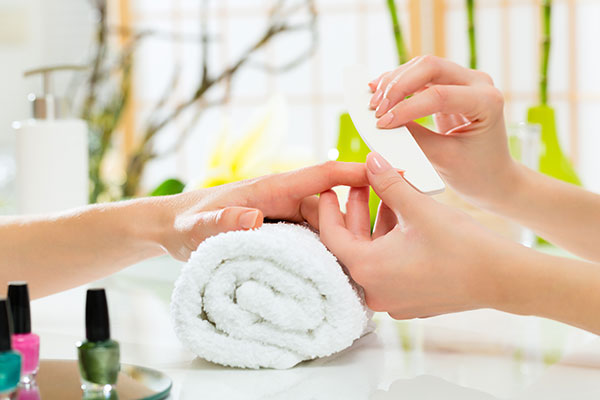There are two common lies we tell ourselves, and sometimes others. Let us set them aside right now: We do care how we look. And we absolutely care about what other people think about how we look. The only remaining question with which we need grapple is, what products and processes do we need to acquire to help us achieve that look?
According to Statista, the cosmetic market will exceed $62B this year, and employ about 63,816 people. That amounts to a lot of products. And we’re just talking cosmetics. It gets even more unmanageable when we consider other product categories such as:
- Skin lotion
- Anti-wrinkle products
- Tooth whitener
- Hair color
Big stores have entire aisles dedicated to these types of products. Not only are there multiple products in each category, but multiple brands of each. You can spend a lifetime trying each product for the prescribed period of time trying to determine which is the best of the lot. Even then, you would never be done with the experiment. Here are some better ways to help you determine which beauty products really work:
Find Trusted Reviews
One of the greatest benefits brought to humankind by the Internet is the instant access to the ideas and opinions of other people around the world. As it happens, that is also one of the worst things about the Internet. Honest and thoughtful product reviews are an excellent way to find out what others say about a particular product or service. When you find the right review site, it can save you thousands of dollars in wasted effort, and countless tears.
It is even better than asking a trusted companion. While you can be pretty sure that person is not trying to deceive you, they are a survey of one. Just one person’s opinion and experience will not be a good predictor of your experience. Reading through a random collection of thousands of opinions will get you closer to the truth with fewer missteps along the way.
Check the Science
More often than not, fringe products can be completely eliminated from consideration because they are claiming something that is scientifically speaking, impossible. It is perfectly natural to want to update your look from time to time. But don’t give into magical thinking that makes you vulnerable to outlandish claims.
The reason many products don’t work as expected is because they can’t. Chemistry doesn’t work that way. Physics won’t bend that way. Biology is subject to fixed processes. We are not shapeshifters. When products make claims (no matter how appealing) that seem to promise that we are just $149.99 away from the Fountain of Youth, We can be pretty sure that the science is against them. At the very least, check the science before spending the money.
Be Wary of Buzzword Overload
You know that something has gone terribly wrong when you, a person with a decent education, only understands a fraction of what you are reading or hearing. You are likely suffering from a buzzword overload attack. Here is an example:
What’s the value-add of scaling our multichannel marketing to add a new patient-centric element of gamification?
MRL is worried about UGC before the sNDA’s PDUFA date.
We need big data so we can get analytics to prove the ROI on making our disruptive campaign programmatic.
Don’t worry, no one knows what this means. It probably doesn’t mean anything at all. To make their products seem more legit, many companies will just overload you with a bewildering combination of industry jargon and technobabble.
When that happens, that probably means they are overcompensating for the fact that the product or service really doesn’t do anything at all like what they want you to believe. They don’t want you to understand it. Because if you could understand it, you could check the science, and find out what others thought about that aspect of the product.












